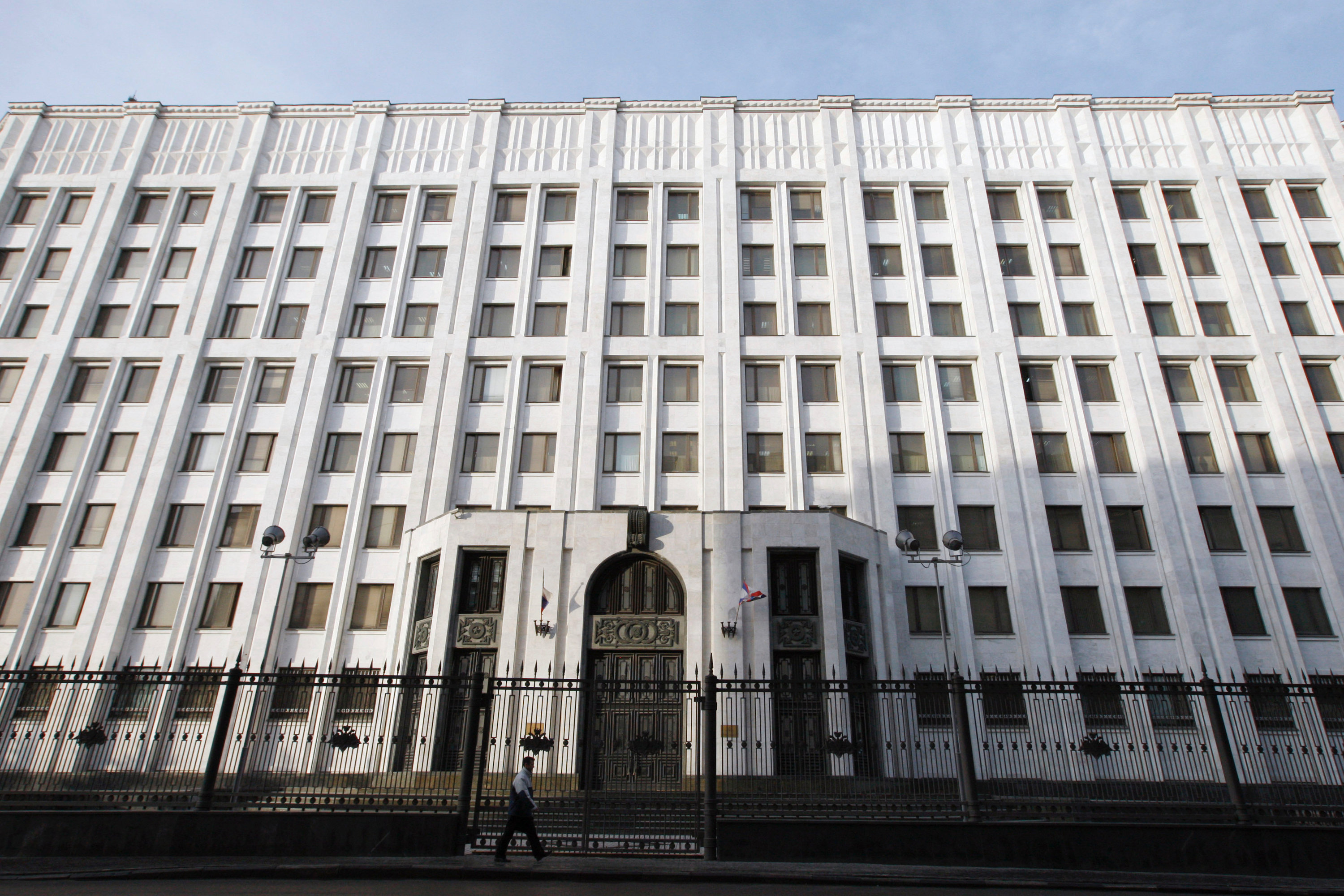MOSCOW, October 5 - RAPSI. The Moscow District Federal Commercial Court will hear on October 24 the Defense Ministry's appeal of the 200,000-ruble ($6,453) recovery it was granted in place of the 117.5 million-ruble ($3.79 million) recovery it had initially sought from Adidas for the latter's violation of a state contract's supply terms, the court told the Russian Legal Information Agency (RAPSI/rapsinews.com) on Friday.
Adidas is the Russian subsidiary of the Adidas Group, a global sportswear leader.
The ministry initially sought $3.76 million in fines, penalties, and interest for non-compliance with a a state contract deadline, but was awarded only $6,420 in the first instance by the Moscow Commercial Court.
The parties entered into the contract in September 2010. Adidas agreed to supply sports shoes and pants to the ministry. The ministry filed a claim against the company after it failed to deliver the sportswear to two military units on time.
In turn, Adidas said the plaintiff unjustifiably overrated the forfeited penalty several times over by claiming 115 million rubles. The company claimed that the ministry calculated the penalty using the total price of the contract as opposed to the cost of the delayed shipment.
Furthermore, one shipment was delayed for 31 days, as opposed to the 55 days stated by the ministry, the company said, adding that it is also illegal to be simultaneously charged a fine, interest, and penalties.
Adidas asked for the penalty to be decreased to 195,000 rubles ($5,988).
Adidas asserted that the ministry did not sustain any losses.
In April, the court ruled that Adidas must award the ministry 200,000 rubles ($6,420) after hearing the parties' arguments. The appeals court held for the first-instance court's ruling.
The lower court's ruling stated that the penalty amount, or 0.5 percent of the total contract sum, is disproportionate to the consequences of the contract's violation.
"The court sides with the defendant's arguments and believes the plaintiff did not use the funds unlawfully," the first-instance court stated in its ruling.



